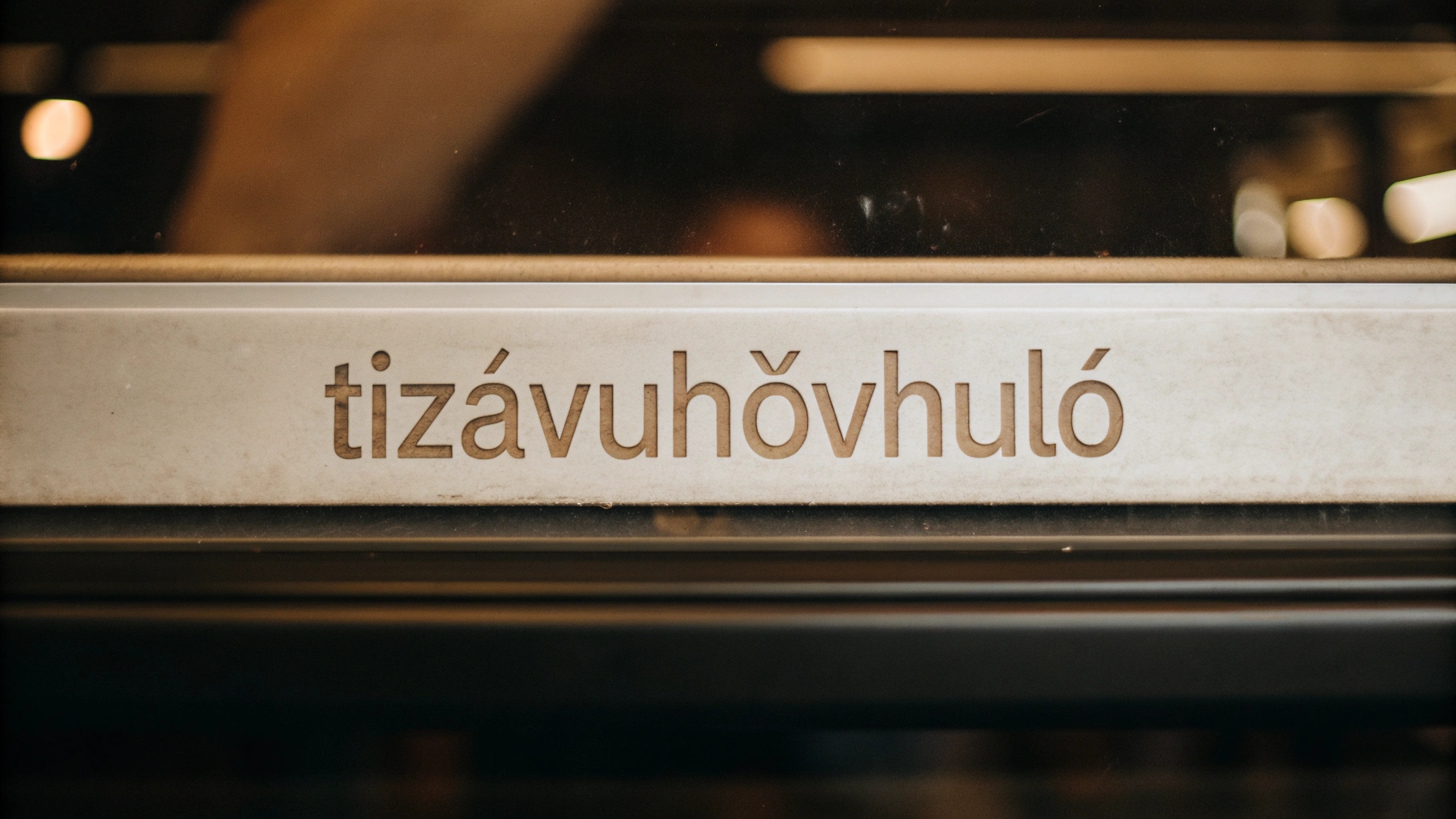The Venda people of South Africa have a deep cultural heritage enriched with sacred traditions, ceremonies, and rituals. Among these, Tizavuhovhulo stands out as a significant celebration that embodies their values and spiritual beliefs.
This traditional practice plays a crucial role in uniting the community and passing down ancestral wisdom. Rooted in history, Tizavuhovhulo reflects the Venda people’s respect for nature, ancestors, and cultural continuity. The rituals performed during this event strengthen social bonds and reinforce identity.
This article explores the meaning, significance, and practices of Tizavuhovhulo, highlighting its impact on Venda heritage.
Understanding Tizavuhovhulo
Tizavuhovhulo is a sacred tradition among the Venda people, symbolizing cultural heritage and spiritual connection. It involves rituals, ceremonies, and communal gatherings that honor ancestors and preserve ancestral wisdom. This tradition plays a vital role in strengthening social unity and passing down cultural values. Participants engage in prayers, music, dance, and symbolic acts that reinforce their identity. The event reflects the Venda people’s deep respect for nature, spirituality, and communal life. Understanding Tizavuhovhulo provides insight into the rich traditions that define Venda heritage.
The Cultural Significance of Tizavuhovhulo
Tizavuhovhulo is not just a ceremonial event; it serves as an important cultural institution among the Venda. This tradition embodies values such as respect for ancestors, unity, social responsibility, and spiritual cleansing. Some of the key aspects of its significance include:
Honoring Ancestors:
The Venda people strongly believe in ancestral guidance, and Tizavuhovhulo provides an opportunity to seek blessings from their forebears. The community gathers to pay homage to their ancestors through offerings, prayers, and rituals.
Spiritual Renewal and Purification:
The ceremony is often associated with cleansing rituals that symbolize the renewal of individuals and the community as a whole. It is believed to remove negative energies and bring prosperity and peace.
Preservation of Traditional Practices:
By performing this ceremony, the Venda people ensure that their cultural heritage is passed down to younger generations. Elders play a crucial role in narrating stories and teaching traditional songs, dances, and customs to the youth.
Social Cohesion and Unity:
Tizavuhovhulo fosters social cohesion by bringing the Venda community together in shared rituals and celebrations. It strengthens unity through collective participation in cultural traditions, reinforcing a sense of belonging. This practice ensures the continuity of values, mutual respect, and intergenerational connections.
Rituals and Practices During Tizavuhovhulo
The ceremony is marked by a variety of traditional rituals, each carrying a unique significance. Some of the key rituals performed during Tizavuhovhulo include:
1. Traditional Attire and Adornments
Participants in Tizavuhovhulo wear traditional Venda clothing, often adorned with vibrant colors and intricate beadwork. Women wear brightly colored wrap skirts known as “wenda,” while men dress in animal skins or traditional fabric. Beaded accessories, which hold cultural and spiritual symbolism, are worn by both genders.
2. Sacred Ancestral Offerings
A vital component of Tizavuhovhulo is the offering of food, drink, and other symbolic items to the ancestors. These offerings are usually placed at a designated sacred site, where community elders lead prayers and rituals to seek blessings and protection from the spirits of their forebears.
3. Music, Dance, and Drumming
Music and dance are integral to the ceremony. The Venda people express their emotions and cultural pride through traditional dances such as the “Tshikona” (regarded as the dance of the kings) and “Domba” (a sacred initiation dance). Drumming plays a crucial role in setting the rhythm for the dances and invoking ancestral spirits.
4. Cleansing and Purification Rites
Cleansing rituals are performed to purify individuals and the community. This may involve the use of traditional herbs, sacred water, or symbolic gestures that signify renewal and protection from misfortune. These rites reinforce the belief that Tizavuhovhulo brings harmony and spiritual balance to the people.
5. Communal Feasting and Storytelling
Food is an essential part of the celebration, with families preparing traditional Venda dishes such as “mutakura” (a dish made of maize and legumes), “vhuswa” (maize meal porridge), and a variety of meats. During the feast, elders share folktales, myths, and historical narratives that preserve the knowledge and wisdom of the past.
The Role of Elders and Community Leaders
Elders and community leaders play a crucial role in Tizavuhovhulo, guiding rituals and ensuring traditions are upheld. They possess deep knowledge of cultural practices, spiritual meanings, and ancestral wisdom. Their leadership helps preserve the authenticity of ceremonies and strengthens communal bonds. Elders offer blessings, lead prayers, and educate younger generations about their heritage. Community leaders coordinate events, ensuring participation and adherence to cultural values. Their presence fosters respect, unity, and continuity of traditions. Through storytelling and mentorship, they pass down moral teachings and historical knowledge. Their guidance maintains the spiritual and cultural integrity of Tizavuhovhulo.
Tizavuhovhulo in the Modern Era
In contemporary times, urbanization and modernization have influenced many traditional practices. However, the Venda people continue to celebrate Tizavuhovhulo, adapting it to fit the changing times while maintaining its core values. Efforts are being made to document and preserve the customs associated with this ceremony to ensure that future generations remain connected to their roots.
Additionally, cultural festivals and heritage events have incorporated elements of Tizavuhovhulo, allowing a broader audience to learn about Venda traditions. These efforts help to promote cultural pride and appreciation beyond the Venda community.
Conclusion
Tizavuhovhulo is a deeply significant tradition that reflects the rich cultural and spiritual heritage of the Venda people. It serves as a vital link between past and present, preserving ancestral wisdom and strengthening community bonds.
Through rituals, music, dance, and storytelling, this tradition fosters unity and cultural pride. Elders and community leaders play a crucial role in guiding and maintaining its authenticity. By passing down values and teachings, they ensure that younger generations uphold their heritage. Tizavuhovhulo reinforces the Venda people’s respect for nature, spirituality, and social harmony.
Its continued practice is essential for cultural preservation and identity. Celebrating Tizavuhovhulo keeps the spirit of the Venda traditions alive for future generations.


